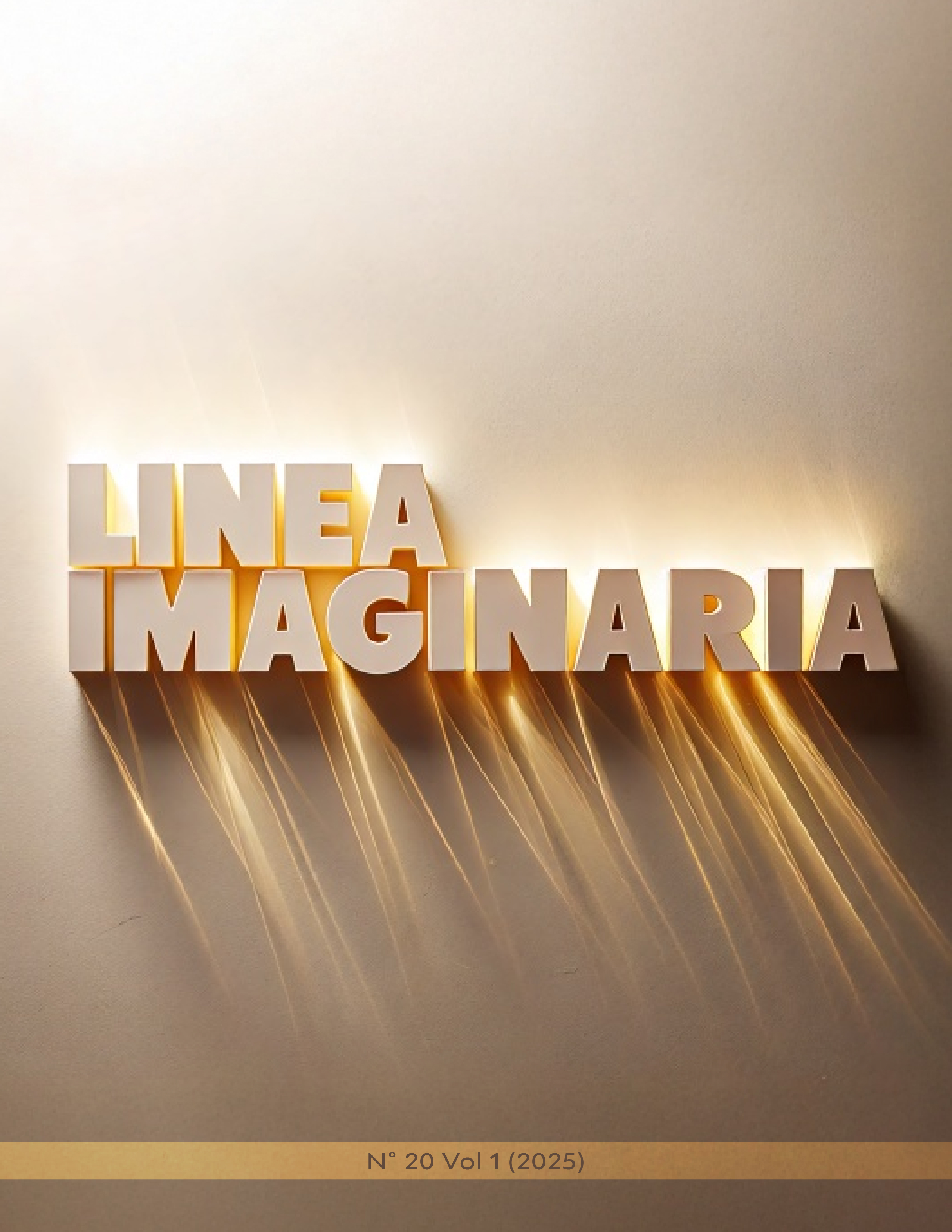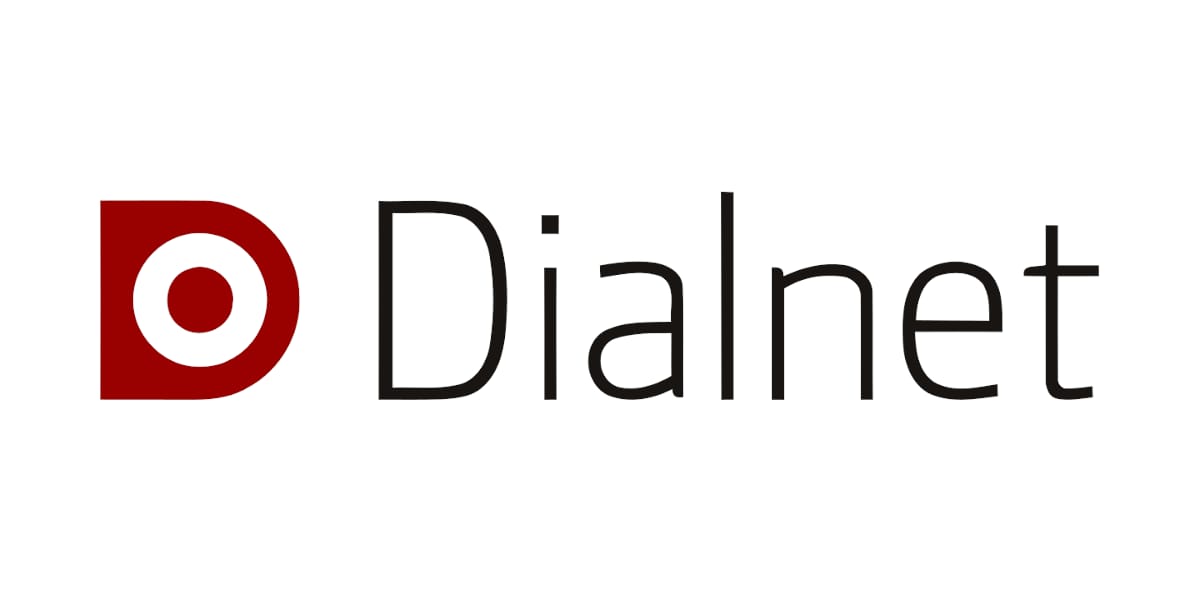CHALLENGES OF INNOVATIVE TEACHING MODELS FOR THE IMPLEMENTATION OF THE STEAM APPROACH THROUGH PEDAGOGICAL LINES IN THE EDUCATIONAL INSTITUTIONS OF THE CITY OF CÚCUTA
DOI:
https://doi.org/10.56219/lneaimaginaria.v1i20.3710Keywords:
STEAM approach, scientific competences, teaching and learning models and secondary educationAbstract
Education, in recent times has faced relevant changes and transformations; many of them marked by technological advances that have taken over multiple processes; thus, it is worth rethinking some aspects framed in what is the object of study that is framed in generating pedagogical lines of action for the implementation of the STEAM approach in the development of scientific competencies in students of basic secondary education of the educational institutions of the city of Cúcuta in the Department of Norte de Santander - Colombia. Likewise, it is important to clarify that the theoretical approach responds to concluded research that responds to the result of a doctoral thesis; which was developed through what is a methodology focused on the interpretative paradigm through the qualitative perspective supported by the phenomenological method. There, the techniques of content analysis and semi-structured interviews applied to key informants were used. It is significant to point out that the results obtained through the application of the STEAM approach, bring results of high value, thus it is concluded that the application of the STEAM approach is fundamental for the development of scientific competencies that respond to the demands of today's society, where it is necessary to assume new teaching models.
Downloads
References
Córdoba, M., y Méndez, L. (2023). Programación y robótica educativa en Colombia: una oportunidad para mejorar. Ciencia Latina Revista Científica Multidisciplinar, volumen 7, número 3.https://ciencialatina.org/index.php/cienciala/article/download/6229/9463/ DOI: https://doi.org/10.37811/cl_rcm.v7i3.6229
Giraldo, M. (2020). ¿Cuáles son las 5 fases de STEAM? https://grupoblaspascal.com.ar/cuales-son-las-5-fases-de-steam/?expand_article=1
Marín, L. (2007). La noción de paradigma. Signo y Pensamiento, 25(50), 34-45. Recuperado de https://revistas.javeriana.edu.co/index.php/signoypensamiento/article/view/3705.
Martínez, A. y Ríos, F. (2006). Los conceptos de conocimiento, epistemología y paradigma, como base diferencial en la orientación metodológica del trabajo de grado. Cinta moebio, 25, 111-121.
Ministerio de Educación Nacional. (2023). Escuelas STEM+: Fomentando el pensamiento científico y tecnológico en la educación nacional https://www.mineducacion.gov.co/portal/salaprensa/Comunicados/417256:Escuelas-STEM+-Fomentando-el-pensamiento-cientifico-y-tecnologico-en-la-educacion-nacional
Pineda, D. (2022). Enfoque STEAM: Retos y oportunidades para los docentes. Revista Internacional de Pedagogía e Innovación. https://www.researchgate.net/publication/366662895_Enfoque_STEAM_Retos_y_oportunidades_para_los_docentes
Ruiz, F. (2017). Diseño de proyectos STEAM a partir del currículo actual de educación primaria utilizando aprendizaje basado en problemas, aprendizaje cooperativo, Flippedclassroom y robótica educativa https://bit.ly/2ZvFNby
Santillán, J., Santos, R., Jaramillo, y Cadena-Vaca, V. (2020). STEAM como metodología activa de aprendizaje en la educación superior. Artículo de investigación. Revista Polo del Conocimiento. Edición 48, Volumen 5 número 08. https://polodelconocimiento.com/ojs/index.php/es/article/view/1599
Soriano, M. (2023). ¿Qué es la educación STEM/STEAM y por qué es importante? https://igniteonline.la/que-es-la-educacion-stem-steam-y-por-que-es-importante/
Downloads
Published
How to Cite
Issue
Section
License
Copyright (c) 2025 LÍNEA IMAGINARIA

This work is licensed under a Creative Commons Attribution-NonCommercial-ShareAlike 4.0 International License.
La revista Línea Imaginaria conserva los derechos patrimoniales (copyright) de las obras publicadas, que favorece y permite la reutilización de los mismos bajo la licencia Creative Commons Atribución-NoComercial-CompartirIgual 4.0 , por lo cual se pueden copiar, usar, difundir, transmitir y exponer públicamente, siempre que se cite la autoría y fuente original de su publicación (revista, editorial, URL y DOI de la obra), no se usen para fines comerciales u onerosos y se mencione la existencia y especificaciones de esta licencia de uso. Si remezcla, transforma o crea a partir del material, debe distribuir su contribución bajo la misma licencia del original.














